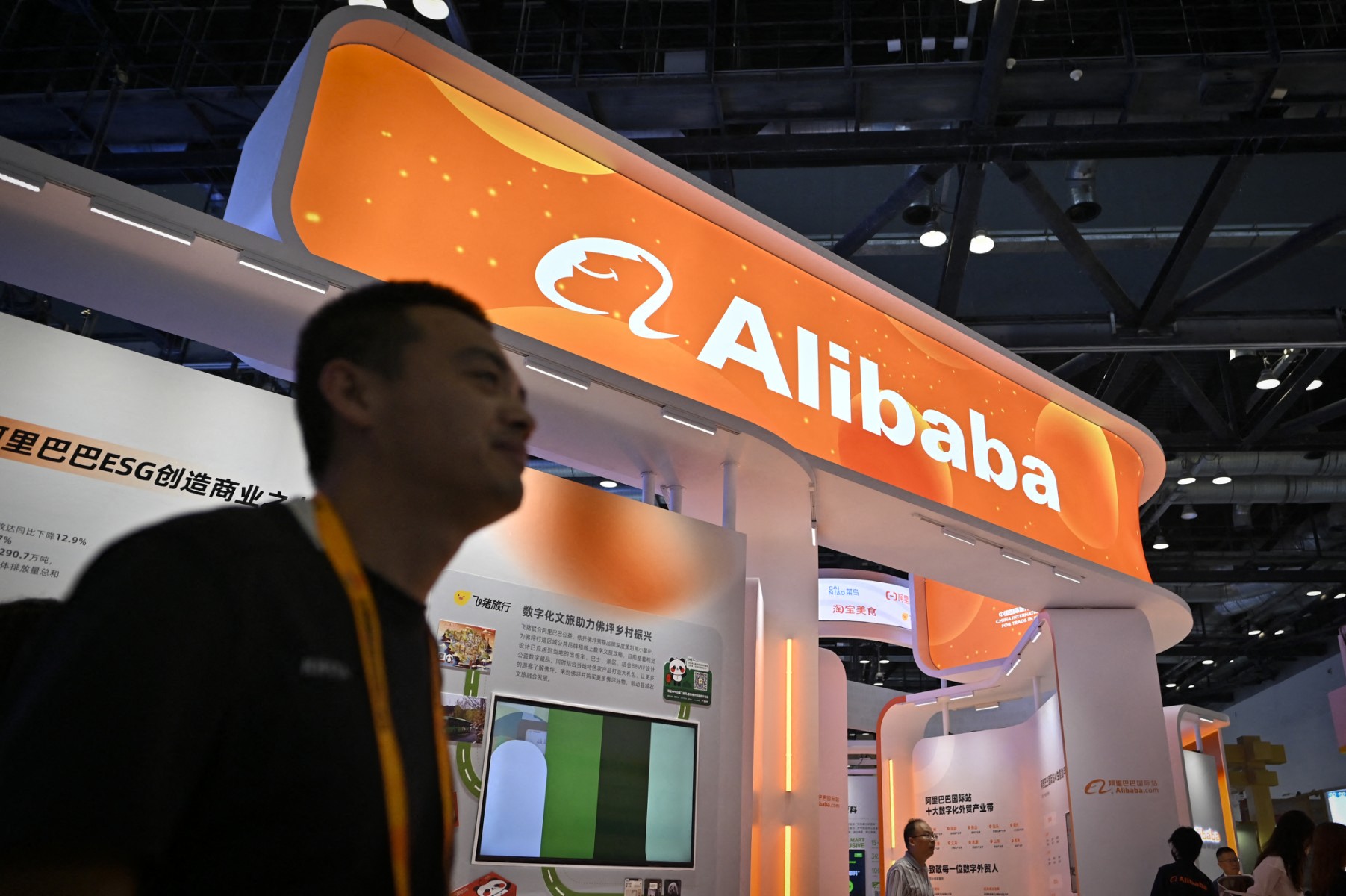Beijing, China – Chinese e-commerce giant Alibaba said Tuesday it intends to spin off its logistics arm Cainiao through an initial public offering in Hong Kong as the firm undergoes a massive restructuring.
After years of turbulence in the Chinese tech sector, Alibaba announced in March it was dividing itself into six entities, with the goal of listing them separately, along with the replacement of CEO Daniel Zhang.
Zhang, who was initially supposed to take charge of the firm’s new cloud computing branch in September after stepping down, left just as he was supposed to take up his new post.
Alibaba said it intends to spin off Cainiao “by way of a separate listing of the Cainiao Shares”, according to its filing with the Hong Kong Stock Exchange.
It did not give a timetable for the move or how much it hoped to raise.
According to Hong Kong daily The South China Morning Post, which is owned by Alibaba, Cainiao aims to raise at least $1 billion on the stock market, which would make it the world’s biggest IPO this year.
In addition to e-commerce and logistics, Hangzhou-based Alibaba has business operations spanning cloud computing, media and entertainment, and artificial intelligence.
The changes come after years of turbulence for China’s tech firms, as authorities sought to rein in the powerful but poorly regulated sector.
Alibaba was the first to fall foul of official scrutiny in 2020, with Beijing pulling the plug on a planned IPO by its affiliate Ant Group at the last minute in what should have been one of the largest listings in history at $34 billion.
A record fine of $2.75 billion was later imposed on the tech giant for alleged unfair business practices.
Those measures marked the start of a tightening of regulation of the tech sector, which severely hit the profitability of the digital giants.
After its heavy-handed approach, the Chinese government is now showing support for the digital economy, an important source of growth and potential jobs at a time when the economy is under pressure.
But the sector has not yet regained its former dynamism.








